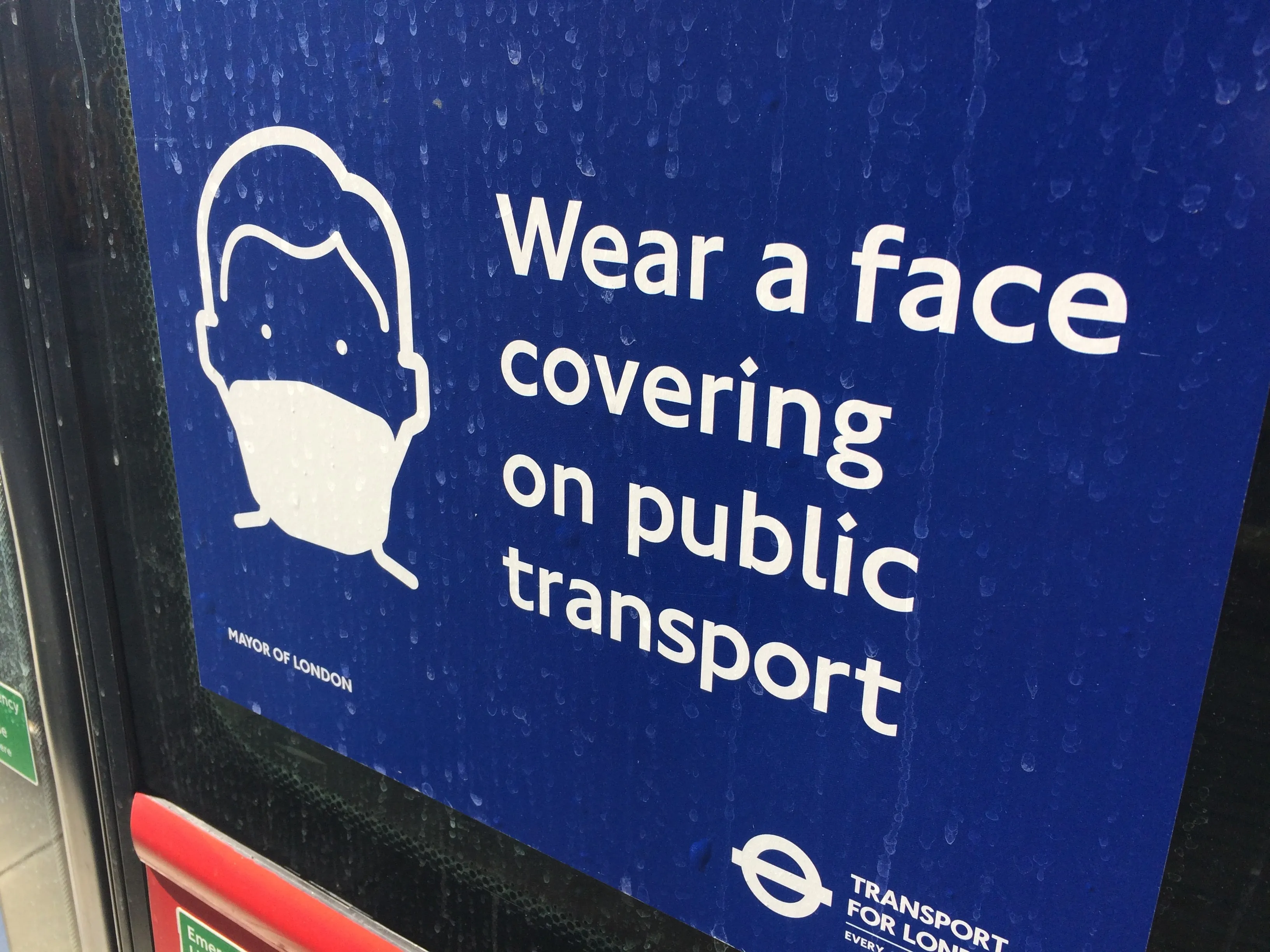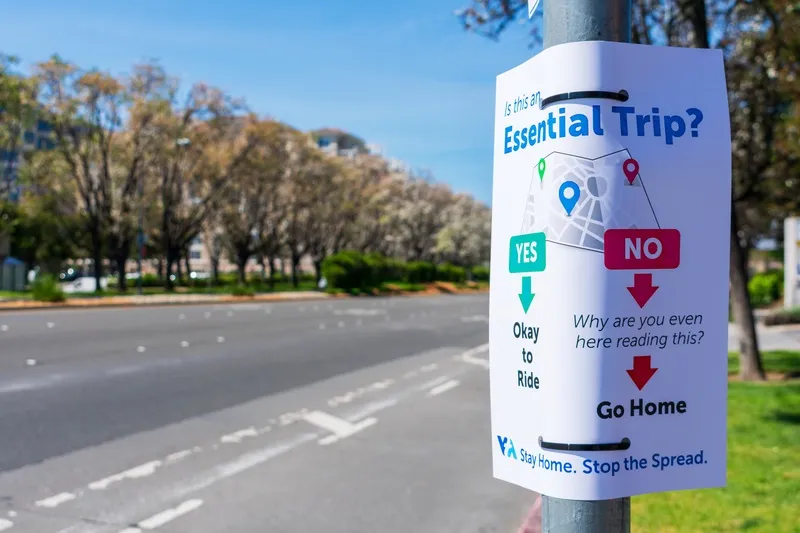
The risk of catching Covid-19 while using public transport is 'very low', says a new paper from the sector's trade body UITP.
Transport authorities have had to deal with a catastrophic drop in ridership and revenues since the start of the pandemic, and have responded by introducing social distancing measures, strict requirements for mask wearing and improved cleaning regimes - all while providing a vital service for many essential workers.
"Despite their efforts, the sector has been a victim of targeted attacks from media and governments, advising to avoid public transport and instead drive, walk or cycle," UITP says in a statement.
"Such advice is detrimental to the future of sustainable mobility."
UITP insists it is "setting the record straight" with a new policy briefing paper.
It cites work by Germany's Robert Koch-Institut which says that just 0.2% of traceable outbreaks were linked to transport, and Santé Publique France's finding that 1.2% of Covid-19 clusters are linked to transport.
Analysis by UK rail safety body RSSB suggests the risk of contracting Covid-19 while travelling by train is 1 in 11,000 journeys - or less than 0.01%.
With a face covering, it is 1 in 20,000 journeys.
Modelling conducted by the University of Colorado Boulder shows that the risk of infection in a well-ventilated metro, with minimal talking and movement, is 0% after 70 minutes, UITP says.
"Based on scientific findings and practical experience, we believe that public transport is taking the appropriate measures to reduce risks to a level that is manageable and acceptable by users," the organisation continues.
"If we recognise that zero risk does not exist, public transport remains one of the safest ways to move around the city and keep cities alive. With the right measures, public transport is Covid-safe."
UITP secretary general Mohamed Mezghani conlcudes: “Public transport demonstrated its resilience by reacting adequately to an extreme situation and continually evolving throughout the global coronavirus pandemic."
"The sector has faced stigmatisation without any verified argument to back it up and so we must show the factual research conducted around the world to counter these false criticisms."
"We know that public transport and active mobility play a key role to building back better, so we need to ensure the progress and success of public transport by seizing a unique chance to shape the future of our cities, for everyone.”








